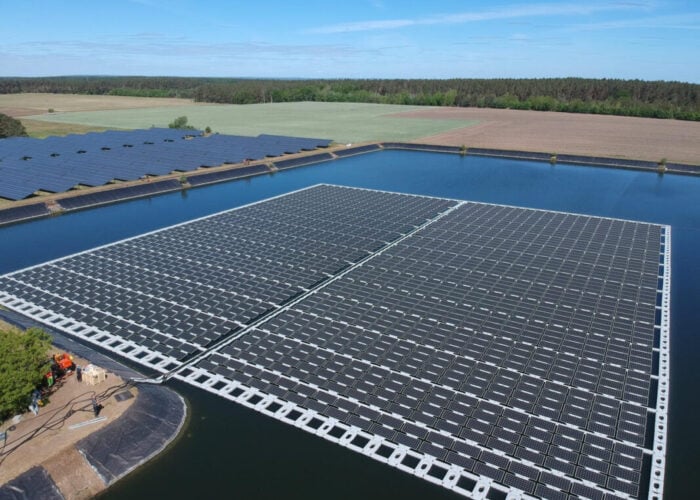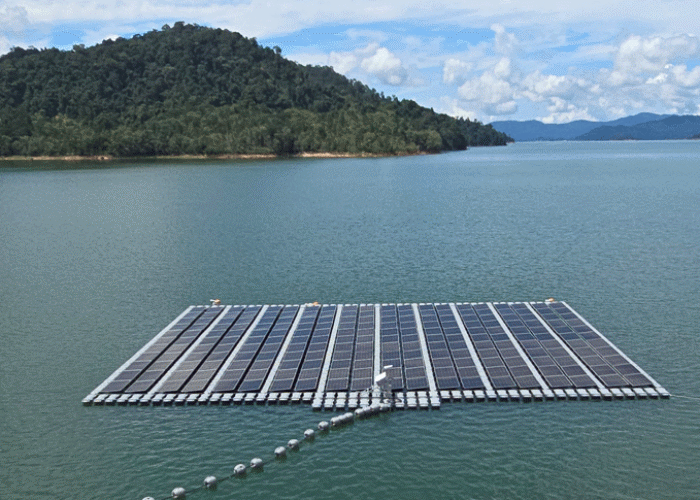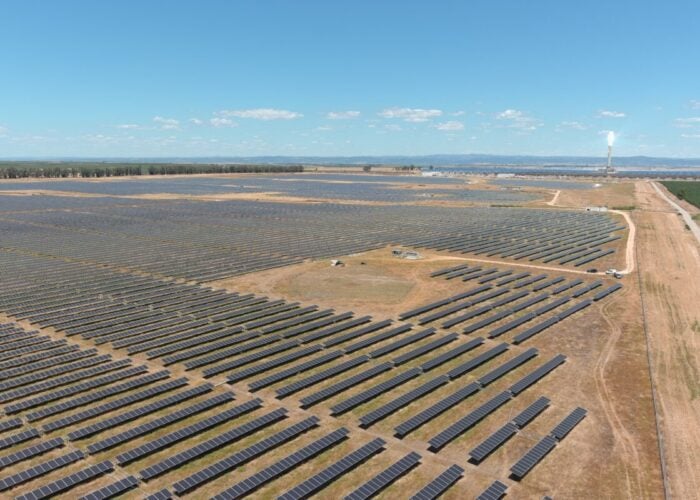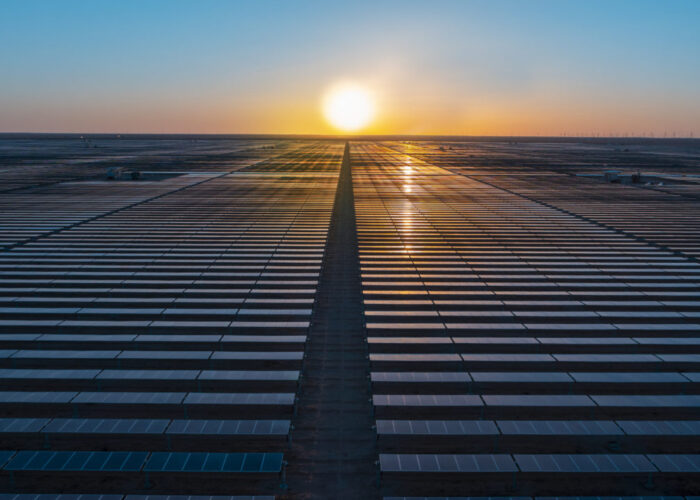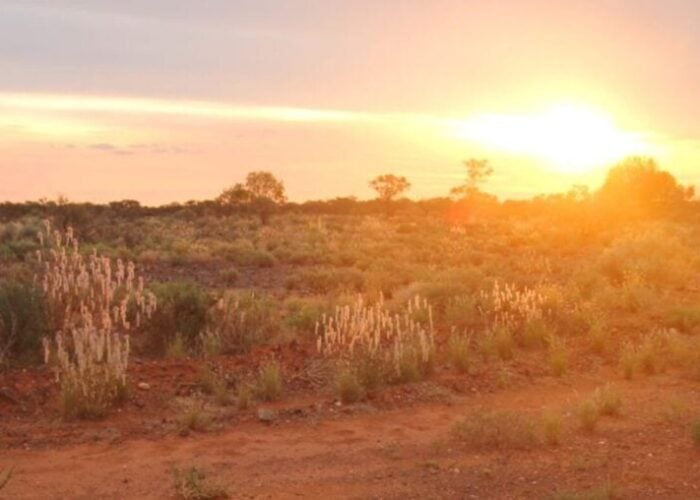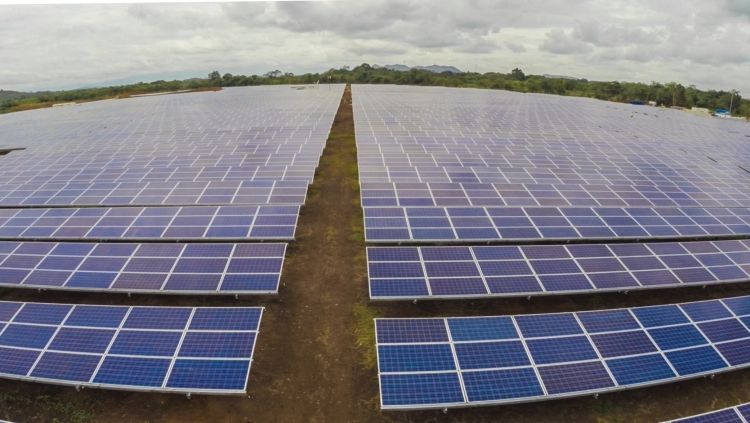
Europe’s descent into a global COVID-19 hotspot has come to cast a long shadow over a continent many predicted would see in 2020 the start of a decade of stellar solar growth.
From Italy to Spain, Germany, France and the UK, the region’s top PV markets have had learn to live with a reality of construction freezes, factory shutdowns, supply delays and – it has emerged more recently – concerns that the pandemic may close the funding taps from banks and investors.
Unlock unlimited access for 12 whole months of distinctive global analysis
Photovoltaics International is now included.
- Regular insight and analysis of the industry’s biggest developments
- In-depth interviews with the industry’s leading figures
- Unlimited digital access to the PV Tech Power journal catalogue
- Unlimited digital access to the Photovoltaics International journal catalogue
- Access to more than 1,000 technical papers
- Discounts on Solar Media’s portfolio of events, in-person and virtual
Last week, continent-wide PV body SolarPower Europe convened a webinar to try and shed light on what comes next for PV players. The discussion featured a talk on subsidy-free prospects – see here for PV Tech’s coverage of that side of the debate – but also opened the floor to developers Enel Green Power and Solarcentury.
What follows is a compilation of their statements during the webinar.
Aristotelis Chantavas, head of Europe at Enel Green Power
On Enel Green Power’s response so far
“For us this was a lesson learned in terms of how quickly we can react. Thanks to several investments we made in digitalisation in the past years, most of the group’s asset bases are fully digitalised and can be controlled remotely.
“This led us to very quickly deciding, at least 3-4 weeks before today [Thursday 9 April 2020] to move 36,000 people into remote working. There were not many issues that we saw.
“In parallel, we carried out several stress tests in our networks and power plants, both sites and operational facilities – [this] really trained our people and prepared us for the worst-case scenario.
“In terms of site people, for those who work on construction and maintenance of assets, we instantly procured big quantities of PPEs [personal protective equipment], in some cases for our contractors. We guided our contractors to make sure they follow our safety guidelines.
“We also organised into smaller teams and increased social distancing by putting some shifts in place. We rescheduled non-core maintenance activities, postponing them for months where possible. We trained back-up teams in case of emergency … and reviewed the contact history of people at plants to ensure no one could spread the virus.
“At the same time, we fine-tuned procurement strategies with some upfront projects to make sure activities will run smoothly, we set up an insurance cover for our employees in the event of being sick … and set up very ambitious donating programmes in Italy, Spain and other countries.”
On how the COVID-19 outbreak will reshape Europe’s solar prospects:
“At this point we monitor every potential delay with our capex deployment plans, to see how this impacts the plan we had for 2020 investments. We expect a slight impact but not significant.
“What can happen is a postponing of some months with projects in countries that are seriously affected by this pandemic. There is a possible demand drop – we’ve already seen that in several countries.
“This is an opportunity for our sector to sow the need to boost demand for renewables, to create a robust European solar industrial policy. It’s important for us to guide governments to make the right interventions.
“Our industry was having problems before COVID-19. There were many investors willing to invest but [also] several obstacles that really prohibited the quick deployment of new investments … Topics like permitting, integration, grid interconnection … For small- and medium-sized investors these barriers can be big.
“In our view, this should be the outcome of this crisis … [for] the European Commission to support the European Green Deal in the same, or perhaps even more aggressive way than it was doing so far. Trying specifically to resolve these problems by instructing or even guiding governments.
Susannah Wood, marketing director at Solarcentury
On Solarcentury’s response so far:
“Solarcentury is currently developing a 5GWp pipeline, much of that is in Europe. We’re also onsite on three sites constructing 610MW at the moment.
“The first thing I’d say is given how badly that could be affected I don’t think it’s as bad as it could be. On the development side, permitting is still going ahead, a lot of authorities we’re working with are working from home and getting things done – might be slower but it is happening, and that is across Europe.
“On the construction side [our] two sites in Spain have been shut but we’ll hope they’ll reopen quite soon [Spain lifted the temporary construction freeze in the days after the webinar]. In the Netherlands we have been able to continue our work – it’s a hundred hectares [site] so there is a chance to work while maintaining social distancing.
“Obviously we’ve had to manage things a bit differently in terms of logistics – how to get people there, how to avoid congregation on sites – but it has proven possible to do. It’s aided by the fact most of the people live reasonably close to the site, they’re Dutch … using local labour has really helped maintaining that site.
“Part of our work of course is with communities … [this week] in the Netherlands we’re going to hold our first ever virtual information session between the local community where we want to build a farm, and a bank of online experts to answer their questions. We’re waiting to see how that’s goes but it shows that with some ingenuity things can progress.”
On how the COVID-19 outbreak will reshape Europe’s solar prospects:
“It obviously really depends on how long this lockdown lasts … but speaking very personally, I’m actually surprised by how much we’ve been able to get done in this time. Hopefully [delays] will only affect this quarter we’re in, in which case there’d be a dip but not too dramatic a dip.
“We’ve had no issues with equipment … as has been mentioned, that potential problem has freed up. What we’re concerned about is access to debt – we’re concerned that terms are going to get a lot worse. We think that has a lot more to do with the health of banks than with the health of solar.
“So of course we’re worried about pricing and demand. This is a very artificial demand shock, but obviously the longer it goes on for the more potential for real damage to be done and for the bounce-back to be slower.
“However, it’s worth remembering 2007, what happened then – it really was the fossil fuel generation that got hit, with entire power plants being mothballed in Europe and a lot of companies came out of that recognising that renewables were the future.
“What’s different between then and now is that renewables are much cheaper than we were then, in many countries the cheaper option there is, and of course government and policymakers have really faced up to their responsibilities for the energy transition.
“We understand that things can get bad, we’ve faced tough times and got through them. Compared to the incumbency we’re nimble, we’re fit, agile and flexible … we have our eyes open as to what will be coming next, the challenges around climate chaos, and we’re fit for purpose when the crisis happens.”
See here for more information on SolarPower Europe's webinar
This publication has set up a tracker to map out how the COVID-19 pandemic is disrupting solar supply chains worldwide. You can read the latest updates here.
If you have a COVID-19 statement to share or a story on how the pandemic is disrupting a solar business anywhere in the world, do get in touch at [email protected] or [email protected].

